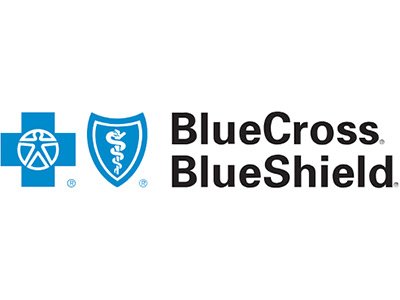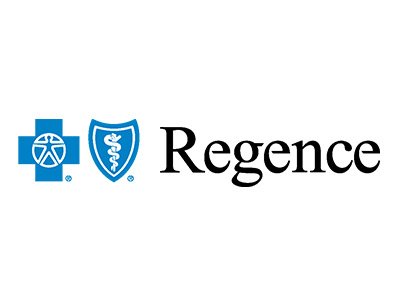Family Based Treatment (FBT) is an evidence-based treatment for children and adolescents with eating disorders. It uses the family and caregivers to help their child recover from their eating disorder.
At Side By Side Nutrition, our certified medical nutrition therapy dietitians provide personalized, family-based treatment nutrition counseling specifically tailored for children and adolescents facing eating disorders. We empower parents with the tools they need to support their child’s recovery. FBT has emerged as an effective intervention for children and adolescents struggling with anorexia nervosa and bulimia nervosa.
As dietitian nutritionists who specialize in eating disorder nutrition therapy, our approach is grounded in a holistic philosophy that prioritizes behaviors, and overall well-being, fostering a positive relationship with food and our bodies, and practicing self-compassion rather than fixating on numbers. This philosophy forms the foundation of values-aligned, intuitive, sustainable health and well-being. Our focus lies in assisting families in cultivating a sustainable, empathetic, respectful, and trusting connection with food, body image, and self.
Our dietitians are based in Colorado Springs and Fort Collins, Colorado, as well as Woodinville, Washington, and we work with patients from all over the state and country providing in-person and online nutrition counseling.






























Recent “graduate” from Side by Side Nutrition. I started working with SBSN to figure out how food worked after having an eating disorder for years. And I’m so happy I got so much more than that! SBSN introduced me to Self-Compassion and met me with an approach that never included shaming me. I looked forward to our sessions every week, even if I hadn’t done any of my work, because I knew she’d be understanding and work with me to figure out what I needed to make it happen. And none of that compassion and presence was lost when we had to switch to telehealth. When I started, I didn’t think healing from an eating disorder was possible. And I never in my wildest dreams imagined that I’d come out of it with an unshakable love for my body (certainly not a plus size body with chronic illness)! I’m so glad circumstances sent me here because I know I wouldn’t have gotten to this place with my previous dietician! I am STRONG, I am CONFIDENT, and I am in LOVE with myself! Thank you so much for helping me on my journey here! It wasn’t easy, but it was so worth it!
— Michaela Myers